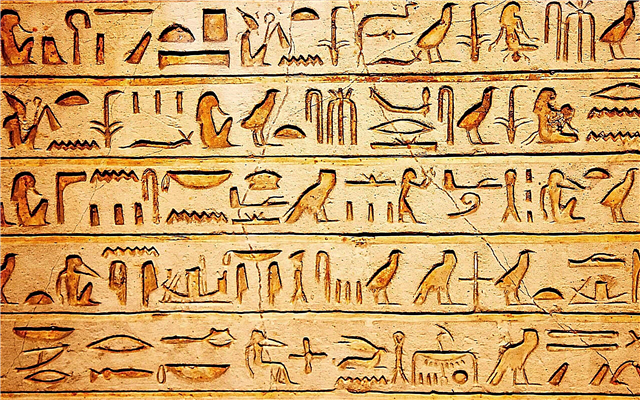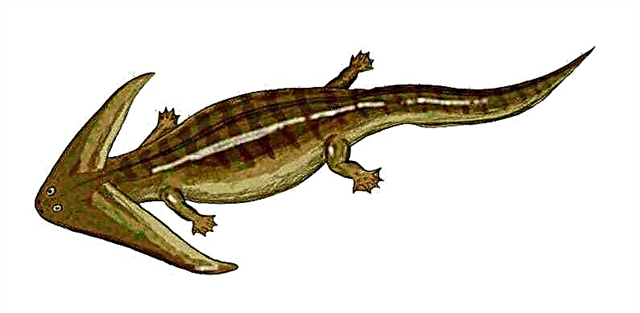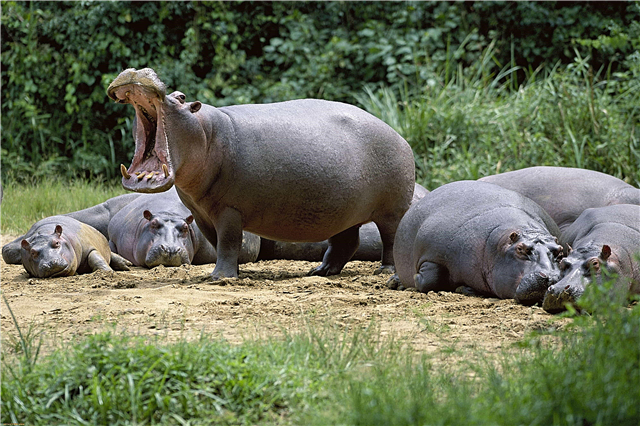
The organs and cells of the human body throughout life require nutrients. They must restore lost energy costs, as well as contribute to the self-renewal of the structure of the whole organism.
Nutrients are the six main types, these are: water, minerals, vitamins and the familiar proteins, fats and carbohydrates. Each of which performs its specific functions for the body.
Water

It can be called a universal solvent, since it is involved in all body processes in its functioning. It is a carrier of substances and hormones throughout the body to organs. Does not allow cell dehydration. Also, water very well helps in burning fat and helps to reduce appetite. And when there is a lack of water in the body, the renewal and increase of fat cells begins. There is an explanation for all this, since water contributes to the functioning of the kidneys. In turn, it performs the function of converting fat cells into energy.
Minerals
They are divided into macro and microelements. Macro is needed by the body in large quantities, and micro, respectively, in small ones. They contribute to many life processes, such as the strength of the skeleton, connects proteins with lipids, water and acid-base balance, strengthens the nervous system, strengthens muscles. If one of the minerals is deficient in the body, the performance of other minerals is impaired.
Vitamins
Vitamins are especially important, because due to its lack of metabolism in the body. With an active lifestyle, it is not enough to get them through food, it is recommended to take vitamin complexes. They support the lactic acid flora of the intestine, and in case of violation, for example, food poisoning, many diseases can occur. Diarrhea, constipation, flatulence are the consequences of a digestive disorder.
Squirrels

Proteins provide plastic processes to the body, restore energy. They contain a complete set of amino acids. The body, of course, itself produces proteins, but not in sufficient quantities, so you need to eat them in food. There is an increased need for protein in pregnant women and children.
Fats
When entering the body, perform such functions as elasticity and energy. They restore the compounds spent on renewing the body and energy. Also introducing into the cells create the necessary plasticity for them to synthesize.
Carbohydrates
Carbohydrates are responsible for replenishing and restoring such an organism's need as energy. Carbohydrates are associated with fats, and this allows them to interchange each other. They also perform the function of cell plasticity and are easily synthesized. The source of carbohydrate is starch.












